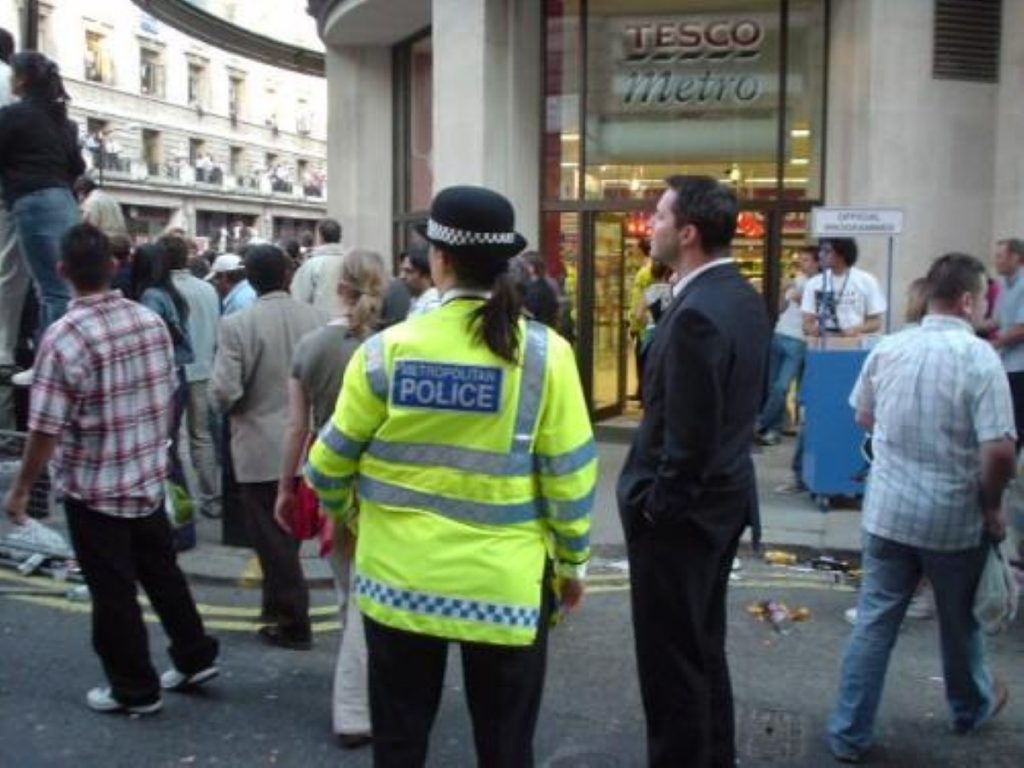Comment: Labour’s police commissioner gamble could prove less popular than it thinks
By Joe Hitchcock
The Labour party has promised to abolish police and crime commissioners if it wins the general election. In September of last year, Yvette Cooper, shadow home secretary, told the Times:
"This was Theresa May’s flagship reform and it just hasn't worked. The model is just fundamentally flawed. They spent £80 million on the original elections. It will cost £50 million to hold the next elections."
But to abolish commissioners and save "£50 million" by stopping their elections in May 2016, Labour would need to make the bill one of their first acts in government. And if they are removed, will we reinstate police authorities? Or, will the police and crime panels established to oversee the commissioners fill the void?


May 2016 could see the second election for police and crime commissioners in England and Wales, an election that will hope to increase turnout beyond the low 15.1% recorded in 2012 . More recently, in the controversial South Yorkshire police and crime commissioner by-election, the turnout was only 14.88% . Our research one year on from the inaugural elections showed that the majority of the public remained unaware and less than engaged with the publicly accountable heads of local police forces. This was at a time when we were witnessing a decline in crime rates and a historically low level of concern about crime – the lowest since October 1992.
One year out and with a new parliament on the horizon what is the future for police and crime commissioners? Will Lord Henley see the end of his commissioners, who have a stronger mandate than the "unelected and invisible police authorities that they replace"?

Ipsos MORI's 2014 winter survey of MPs reveals a division of opinion amongst our nation's politicians on this subject. Just under half of MPs (47%) agree the commissioner in their constituency area is responding to the key local crime concerns of their constituents, compared to 31% who disagree. But when asked to what extent they agree with the statement
"I support the continuation of the elected police and crime commissioner role" over half disagree (54%) whereas 36% agree. Labour MPs are far more likely to say that they disagree than Conservative (85% vs 23%).
A more important question to ask perhaps is will a bill repealing the commissioners be the first out of the gate to prevent Coopers "wasted £50 million", especially when our issues index shows the public consistently care more about the economy, the NHS and immigration than crime.
Joe Hitchcock is a research executive who has been working at Ipsos MORI since July 2013. He has worked across a variety of policy areas including housing, health, race, faith and cohesion. He specialises in crime & justice.
The opinions in Politics.co.uk's Comment and Analysis section are those of the author and are no reflection of the views of the website or its owners.












